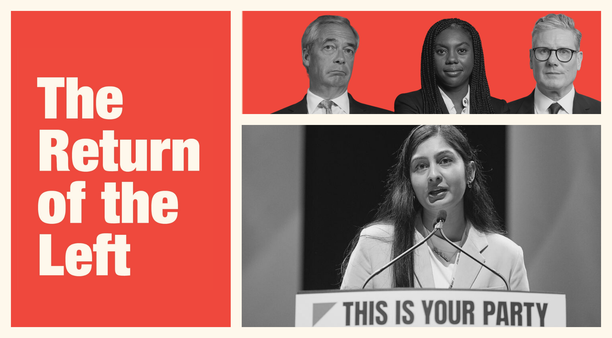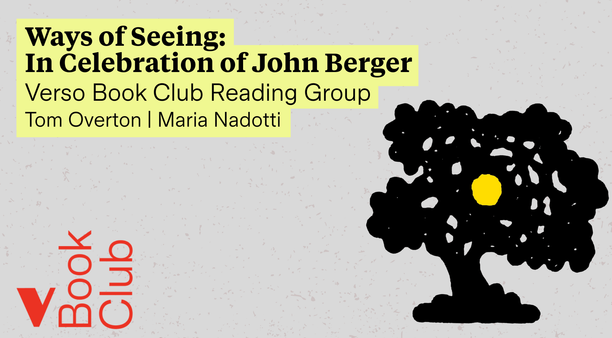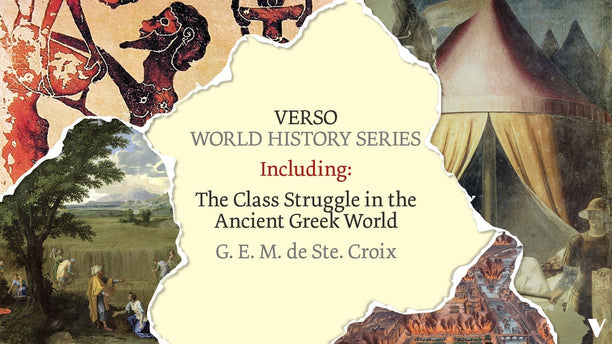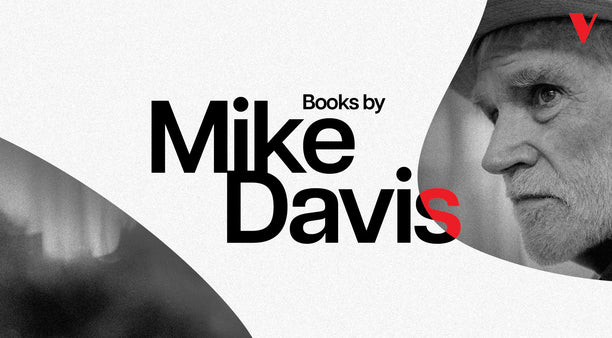
Étienne Balibar on Gaza
“Gaza is a global event that will leave nothing unchanged in our thinking and in our mutual relations”

“Gaza is a global event that will leave nothing unchanged in our thinking and in our mutual relations”

Take a look at the Verso titles that were selected by publications for their Best-Of Lists this year

VIDEO: The team behind Protean Magazine makes their way through the Verso Archive

Michael A. McCarthy speaks to Swedish outlet Röda Rummet about his book The Master's Tools: How Finance Wrecked Democracy (And a Radical Plan to Rebuild it)

Cédric Durand responds to Evgeny Morosov's critique of techno-feudalism.

Will Your Party survive in the face of factionalism, and what does the future of socialist politics in Britain look like?

Will Your Party ever move beyond its infighting? And how can we build a mass political culture and a socialist worldview in Britain?

In anticipation of John Berger’s centenary, the Verso Book Club will be hosting a conversation on his vital contributions to worlds of art history, politics, translation, and more.

Shop the Verso World History series, including the recently released new edition of The Class Struggle in the Ancient Greek World

"Davis’s drive was always towards action, struggle, and solidarity – in brief, the politics of continual and transformative resistance, of “radical hope.” He lit the torch; it’s time for us, now, to carry it on." - Ciarán O'Rourke

Read the latest Verso Fiction, ranging from new editions of revolutionary classics to subversive thrillers.

Books endorsed by Sally Rooney, Andreas Malm, Yanis Varoufakis and more!